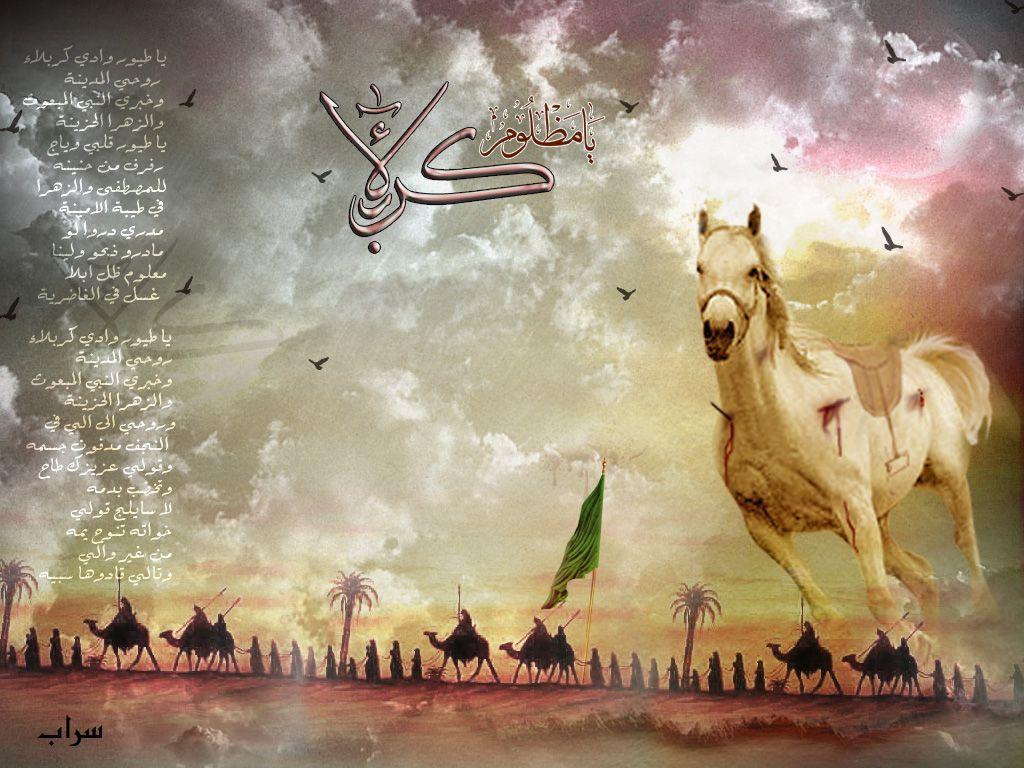In Islamic history, few figures command as much reverence and respect as Hazrat Abu Talib, the esteemed father of Imam Ali. His life, characterized by resilience, wisdom, and unwavering support for the Prophet Muhammad, leaves an indelible mark on the early Muslim community. Despite often being overshadowed by the prominence of his illustrious son, Hazrat Abu Talib’s legacy shines brightly, serving as a testament to his unwavering faith and steadfast commitment to justice.
Born into the esteemed clan of Banu Hashim, Hazrat Abu Talib inherited a legacy of honor and nobility. His upbringing instilled in him values of compassion, leadership, and integrity, which would define his character throughout his life. As the uncle of the Prophet Muhammad, Abu Talib played a pivotal role in shaping the Prophet’s early years, offering guidance and protection during times of adversity.
One of Hazrat Abu Talib’s most enduring legacies lies in his unwavering support for the Prophet Muhammad during the tumultuous early days of Islam. Despite facing relentless opposition from the Quraysh tribe and enduring years of persecution, Abu Talib remained a steadfast ally, providing sanctuary and moral encouragement to the Prophet and his followers. His unwavering faith and familial bonds served as a source of strength during times of hardship.
Central to Hazrat Abu Talib’s legacy is his pivotal role in nurturing the upbringing of Imam Ali, his beloved son. From a young age, Imam Ali found in his father a source of wisdom, guidance, and unconditional love. Abu Talib instilled in his son values of courage, compassion, and devotion to God, laying the foundation for Imam Ali’s future leadership within the Muslim community.
Hazrat Abu Talib’s significance extends beyond his familial ties, as he played a crucial role in safeguarding the nascent Muslim community. During the period of the boycott imposed by the Quraysh, Abu Talib’s leadership and diplomatic skills proved instrumental in alleviating the hardships faced by the Muslims. His efforts in negotiating with the tribal leaders of Mecca exemplify his commitment to upholding justice and protecting the vulnerable.
Furthermore, Hazrat Abu Talib’s unwavering defense of the Prophet Muhammad against the machinations of his adversaries earned him admiration and respect. Despite facing economic hardships and social ostracization, Abu Talib remained resolute in his support for the Prophet’s mission, earning the title of “The Trustee of the Prophet’s Affairs.”
In addition to his role as a protector and guardian, Hazrat Abu Talib exemplified exemplary character and integrity in his dealings with others. His reputation for honesty, generosity, and fairness earned him widespread respect among the tribes of Mecca, establishing him as a revered figure in Arabian society.
The enduring legacy of Hazrat Abu Talib continues to resonate throughout Islamic history, serving as a guiding light for generations to come. His unwavering faith, selflessness, and resilience in the face of adversity embody the essence of true leadership and devotion to God.
In conclusion, Hazrat Abu Talib emerges as a towering figure in Islamic history, revered for his unwavering support for the Prophet Muhammad and his pivotal role in nurturing the legacy of Imam Ali. Through his actions and sacrifices, Abu Talib exemplifies the virtues of faith, courage, and compassion, inspiring Muslims around the world to uphold the principles of justice, unity, and devotion to God. As we reflect on his life and contributions, let us honor the legacy of Hazrat Abu Talib and strive to emulate his noble example in our own lives.
frequently asked questions
1- Who was Hazrat Abu Talib and what was his relationship with the Prophet Muhammad?
Hazrat Abu Talib was the uncle of the Prophet Muhammad, providing him with crucial support and protection throughout his life.
2- What role did Hazrat Abu Talib play in supporting the early Muslim community during times of persecution?
Hazrat Abu Talib shielded the Prophet Muhammad and the early Muslims from persecution, offering them refuge and moral encouragement despite facing challenges himself.
3- How did Hazrat Abu Talib contribute to the upbringing and education of Imam Ali, his son?
Hazrat Abu Talib nurtured Imam Ali’s character, imparting values of courage and devotion, which influenced his future leadership within the Muslim community.
4- What legacy did Hazrat Abu Talib leave behind in Islamic history, and how is he remembered by Muslims today?
Hazrat Abu Talib’s legacy is one of resilience and unwavering faith, remembered for his sacrifices to protect and uphold Islam’s message, inspiring Muslims with his virtues of compassion and courage.




